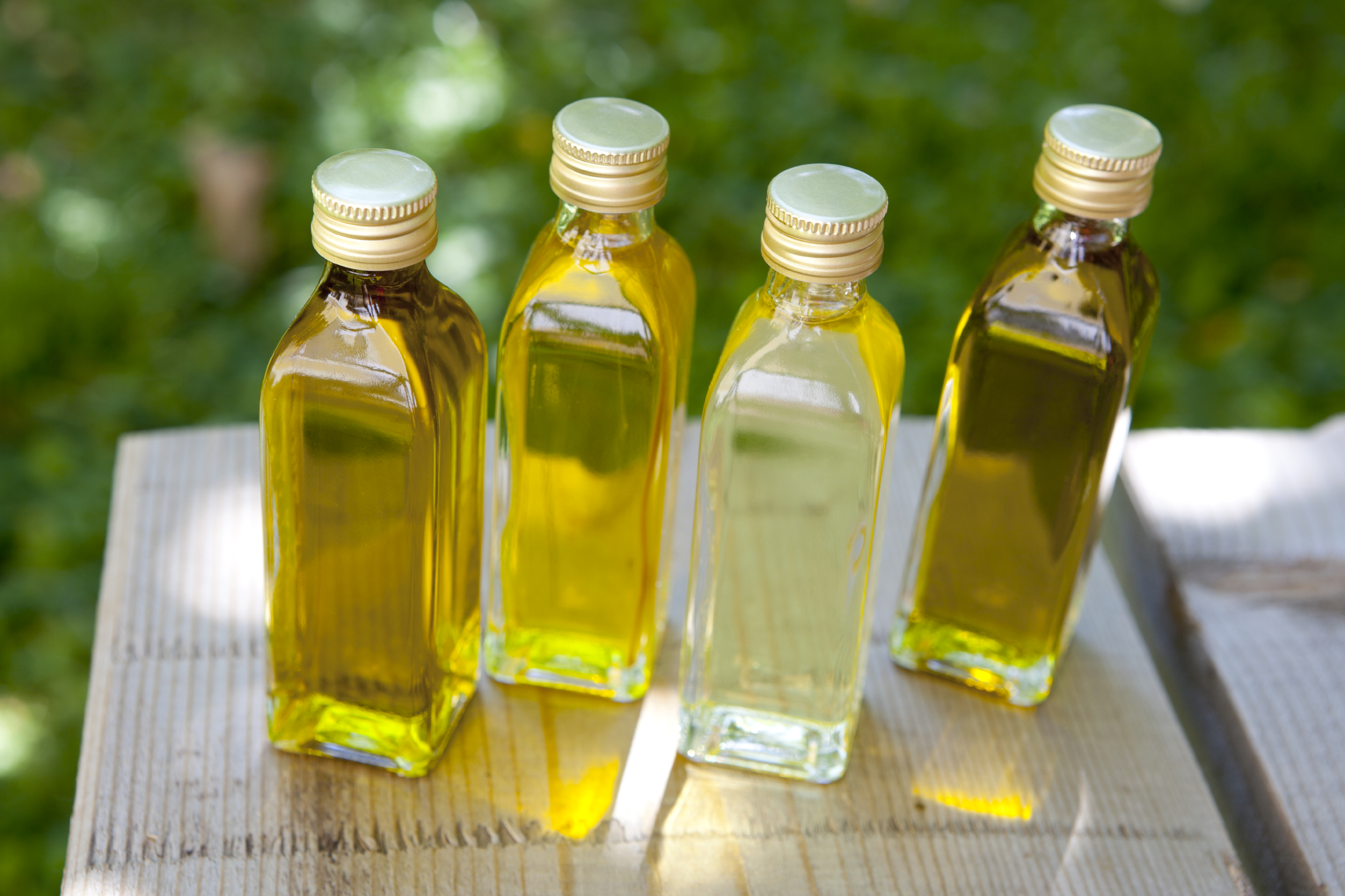Not all Omegas are created equal
 I’m not a nutritionist by any means. But as someone with heart disease, I’ve learned enough to throw some useful nutrition facts your way on the occasional Tuesday.
I’m not a nutritionist by any means. But as someone with heart disease, I’ve learned enough to throw some useful nutrition facts your way on the occasional Tuesday.
Everyone knows about Omega-3 fatty acids: they’re good for your heart and a lot more. But Omega-6 fatty acids are also an important dietary consideration, particularly the balance of Omega-3 and Omega-6. It’s estimated that the average American diet contains between 14 and 25 times more Omega-6 than 3. That’s not good, because high consumption of Omega-6 promotes inflammation and is associated with heart diseases, arthritis, depression, cancer and more. The optimal balance is 4:1 or lower – some experts recommend a 2:1 ratio.
Start reading nutrition labels, and you’ll start to see how Omega-6’s sneak into your diet – the biggest culprits are polyunsaturated oils: corn, sunflower*, safflower*, soy and cottonseed, found in commercial breads and baked goods, margarines, salad dressings and many other processed foods – even veggie burgers and soy dogs. Other foods high in Omega-6 include tofu, sunflower seeds, whole grains and meats. (However, note that grass-fed beef has a much, much better Omega-6 to 3 ratio than grain-feed beef.) So bottom line, here’s my advice:
• Strongly limit your intake of the oils listed above. Instead, choose oils like extra virgin olive, organic canola, and macadamia nut.
• Balance the Omega-6s you do eat with Omega-3’s from olive oil, flax seeds, avocados, oily fish, winter squash, beans and omega-3 fortified eggs.
• Don’t bake with margarine – it makes me crazy to see all of the vegan recipes with Earth Balance! Choose a heart-healthy oil instead.
* UPDATE: “high oleic” versions of sunflower and safflower oil are quite different and will not have the same inflammatory effect as the regular type. If the sunflower and safflower oils in your supermarket aren’t clearly marked, look on nutrition labels for a high monounsaturated fat content and a low polyunsaturated content – that indicates a high-oleic oil.
Hope this info helps you keep the all-important Omega balance in mind as you chow your way through the week.




Good stuff, Cathy. You tell ’em.
(I cannot figure out why anyone would EVER buy commercial salad dressing!)
I’ve been really interested in this since reading The Queen of Fats. One thing that’s important to remember is that if you get enough Omega 6s, it will prevent you from absorbing the Omega 3s, no matter *how* much flax oil or fish oil you drink straight from the bottle. Since reading the book, I have shifted back towards canola and olive oils (trying to make sure I use mechanically pressed oils, no matter what oil I use), though I do use peanut oil for cooking Chinese foods sometimes.
re: Earth Balance, cooking with a solid fat does have some benefits in baking. I sometimes use their non-hydrogenated shortening, which does have some tropical oils and soybean oil, but also canola and olive (though they of course don’t share the exact balance). But I also like that it doesn’t have any other added stuff besides oil, unlike their margarine. I grew up eating stuff made with vegetable oil (my mom always baked with it), but you really don’t get the same kind of texture in cookies, and they tend to flatten out a little more. For recipes where you have to cream a solid fat with sugar, I tend to use the Earth Balance.
If I ate dairy, I would probably try to use a good quality butter from grass fed cows for baking… better taste, better texture.
But again, I eat this stuff in moderation… I agree that it’s not great to eat a lot of this stuff.
Cathy – my husband is a soy/tofu nut. he is teh first person i will be sending this to!
Wow, I have to admit, I never consider Omega-6 – I like Nutrition Tuesdays. Thanks.
Will, I know what you mean about baking with oil, however if you find the right recipes it can work amazingly well. Check out the couple of cookie recipes I’ve posted. You’ll be surprised at the results.
I highly recommend the book “Olive Oil Baking” by Lisa Sheldon. The oatmeal cookies and chocolate zucchini cake are excellent.